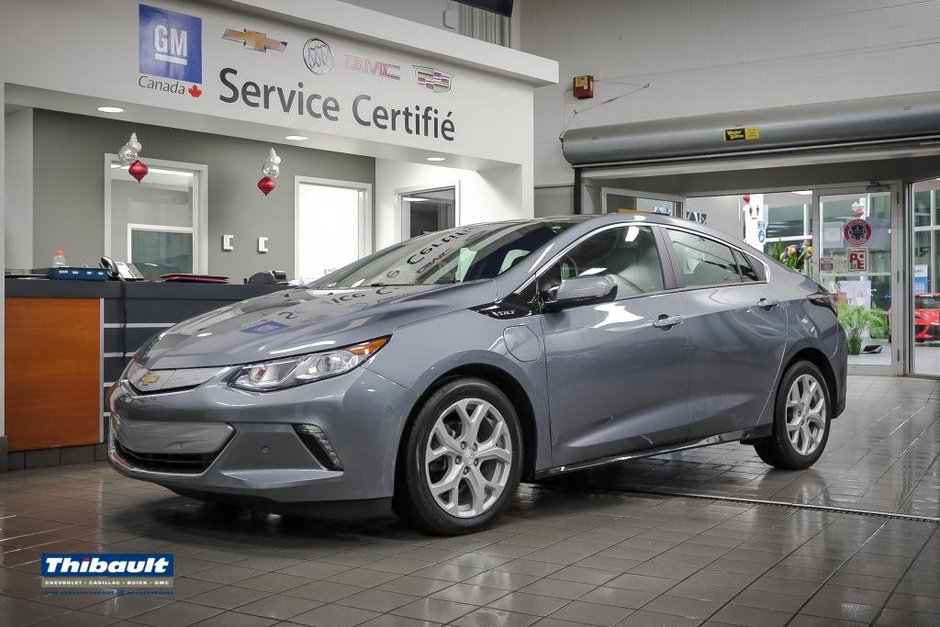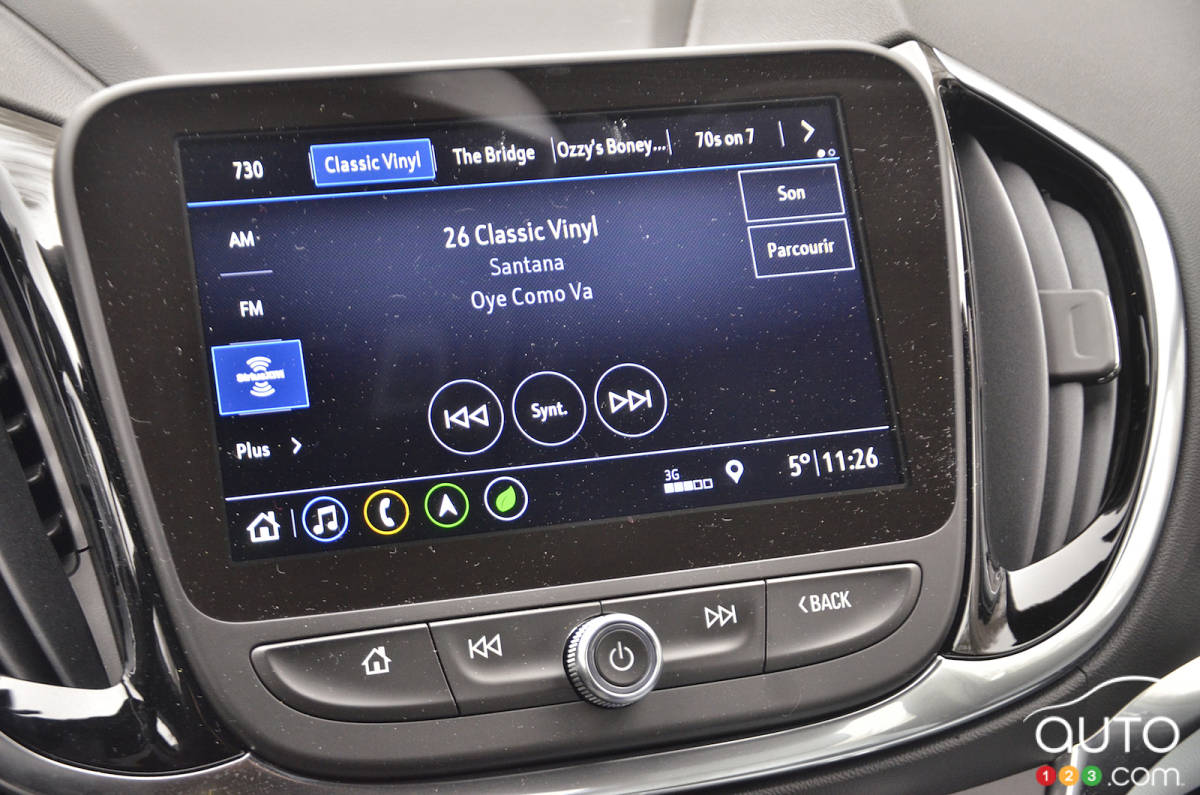
The root cause of these fires is unknown. NHTSA's report on its investigation of three vehicles that caught fire-one each from 2017, 2018, and 2019 model years-said "fire damage appeared to be concentrated in the EV battery compartment area with penetration into the passenger compartment from under the rear seat. However, Chevrolet said, "The 2020 Bolt EV uses a different battery-cell design than the vehicles affected by this recall." NHTSA's investigation report indicates that the agency is also investigating 2020 model year Bolt EVs and gives a total of vehicles potentially affected of 77,842. The Bolt EV has a 60.0-kWh lithium-ion battery pack.Įxecutive chief engineer Jesse Ortega, in the GM video above, details the problem and explains what owners can do while waiting for a fix.īoth the National Highway Traffic Safety Administration (NHTSA) and GM are investigating complaints from owners and have confirmed five instances of fires related to the problem. There is a risk that these high-voltage batteries, located under the rear passenger seats, could catch fire. equipped with batteries manufactured by LG Chem in South Korea.

NHTSA said it is aware of two "recent" fires in Bolt EVs that had already received recall service for the issue, so this warning applies to vehicles whether or not they have been in for recall service.Ĭhevrolet is recalling more than 50,000 of its Bolt EVs in the U.S. NHTSA's notice says, "Owners of these vehicles should park their vehicles outside away from homes and other structures immediately after charging and should not leave their vehicles charging overnight, according to General Motors." This notification applies to the more than 50,000 vehicles originally recalled in November 2020, as detailed in the story below. The safety agency is telling 2017–2019 Chevrolet Bolt EV owners to park their vehicles outside "until further notice" because of the potential of an unattended fire in the high-voltage battery pack, located under the bottom cushion of the car's back seat.
2019 chevrolet volt ev update#
UPDATE : The National Highway Traffic Safety Administration (NHTSA) issued a "Consumer Alert" today.

They are also told to continue parking outside and not leave vehicles charging overnight. Bolt EV owners are instructed to avoid letting battery charge go below 70 miles of remaining range and to charge their vehicle after each use. Meanwhile, the statement tells customers to use Hilltop Reserve or Target Charge Level charging modes, depending on model year, to limit charging to 90 percent, with instructions given in a video.
2019 chevrolet volt ev software#
UPDATE : Chevrolet issued a new statement to owners of 2017–2019 Bolt EVs, telling them it will conduct a new recall to replace what it called "defective battery modules." This is in addition to a previous software update recall, the automaker said. The automaker said that "in rare circumstances" there may be two defects in a single battery cell, which it described as "a torn anode tab and folded separator." GM said it will spend an additional $1.1 billion to replace the batteries in these additional vehicles. UPDATE : General Motors announced today that it will add remaining 2019 model Bolt EV and all 2020–2022 Bolt EV and Bolt EUV models to its battery recall. GM said owners should park the vehicles outside and away from houses until repairs can take place and, in the video below, explains what else owners can do.The problem is the chance of a fire in the high-voltage battery pack, which could occur even when the vehicle is stopped, parked, and not plugged in to charge.General Motors has announced a recall of 50,932 2017 through 2019 Chevrolet Bolt EVs in the U.S.


 0 kommentar(er)
0 kommentar(er)
